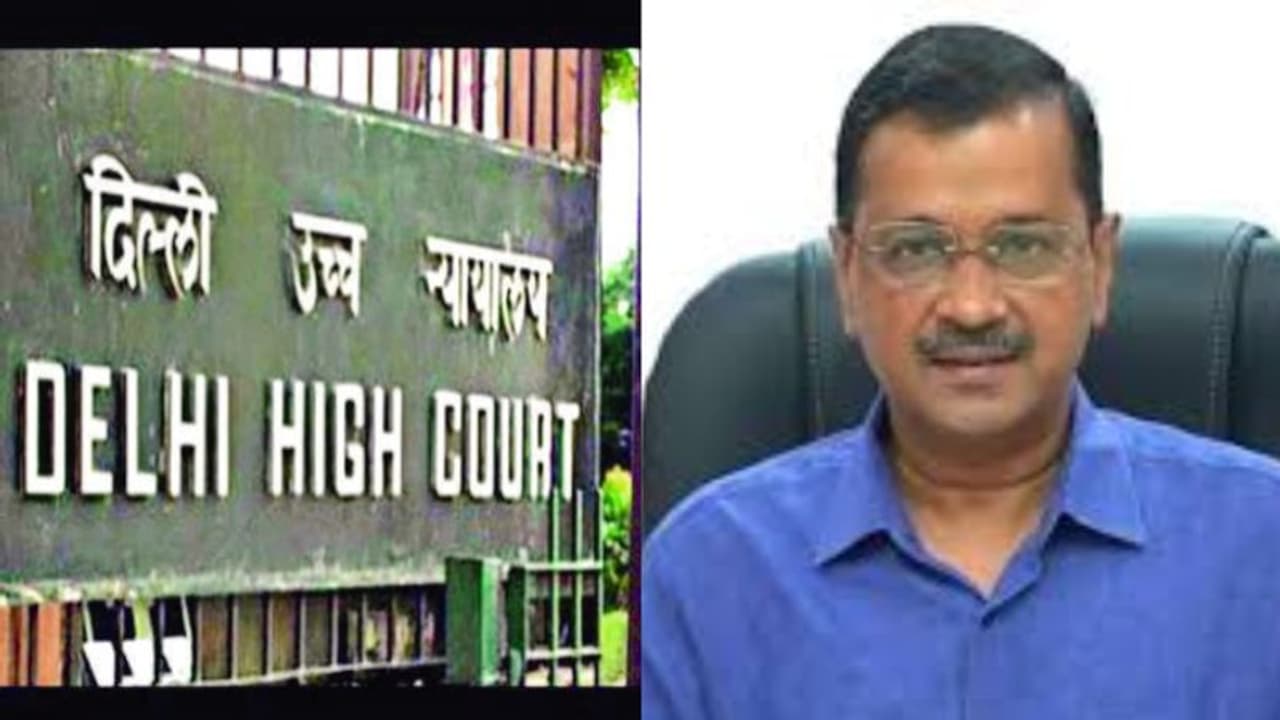Rejecting the argument that CM Kejriwal could have been questioned through video conferencing (VC), the court said that it is not up to the accused to decide the manner in which the investigation is conducted.
The Delhi High Court on Tuesday (April 9) ruled that the evidence collected by the Enforcement Directorate (ED) has indicated that Delhi Chief Minister Arvind Kejriwal conspired with others. According to the court, the ED's case also suggested that Kejriwal was involved both in his personal capacity and as the convenor of the Aam Aadmi Party (AAP).

The court said that granting bail to an approver is not within the ED's jurisdiction, rather, it is a judicial process. The court warned against casting aspersions on the process of pardon, noting that doing so amounts to casting doubt on the judge overseeing the case.
Uttar Pradesh: PM Modi slams Congress for 'insulting' Lord Ram over Ayodhya event
Rejecting the argument that CM Kejriwal could have been questioned through video conferencing (VC), the court said that it is not up to the accused to decide the manner in which the investigation is conducted.
The court also stressed that the investigation cannot be tailored to suit the convenience of the accused, asserting that there should be no special privileges for anyone, including the Chief Minister.
The Delhi High Court further asserted that Kejriwal's arrest in a money laundering case must be examined by the court according to the law, regardless of the timing of the elections. It dismissed Kejriwal's challenge to the timing of his arrest before the general elections, citing the absence of any evidence of malice on the part of the ED.
Earlier, the AAP national convener had questioned the timing of his arrest by the agency, arguing that it violated the fundamental principles of the Constitution, including democracy, free and fair elections, and ensuring a level playing field.
In response, the ED contested the plea, asserting that Kejriwal could not claim immunity from arrest simply because of the upcoming elections. They stressed that the law applied equally to him as it did to any ordinary citizen.
'Candidates need not disclose every moveable property in election filings': Supreme Court
Kejriwal was arrested by the ED on March 21, subsequent to the high court's refusal to shield him from coercive measures by the federal anti-money laundering agency. Following the conclusion of his Enforcement Directorate custody, he was remanded to judicial custody in the matter on April 1 after appearing before the trial court.
